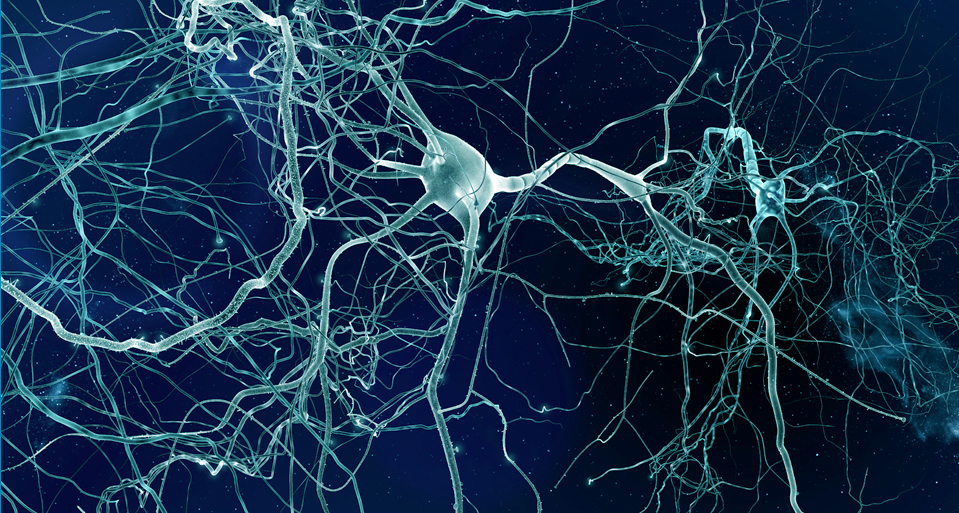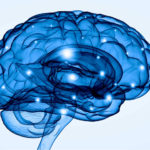In what is regarded as a first of its kind study, a team of researchers at McGill University in Canada probed the association between mild behavioral impairment (MBI) and early indicators of neurodegenerative diseases, like Alzheimer’s disease.
According to their findings publicized in the peer-reviewed journal Alzheimer’s & Dementia, a correlation between MBI and early Alzheimer’s disease pathology was demonstrated for the first time through a set of cognitive assessments and brain imaging tests.
The research team examined magnetic resonance imaging (MRI) scans of 96 elderly adult participants, over 55 years of age, with normal cognitive function. The exhibition of any MBI was inputted into a Mild Behavioral Impairment Checklist (MBI-C), a questionnaire rating the presence and severity of abnormal behavior, from a scale of 1 (mild) to 3 (severe), occurring for a minimum of six months.
“All participants underwent extensive clinical assessments, including neuropsychological evaluation, structural MRI, β‐amyloid PET with [18F]AZD4694, tau PET with [18F]MK6240, and genotyping for APOEε4,” a section of the findings detailed.
“Individuals were defined as having no objective cognitive impairment, and all were asked to report any subjective memory complaint in a questionnaire given during screening,” the findings also stated.
“Diagnosis was confirmed by an expert consensus panel of clinicians, neuropsychologists, and nurses based on neuropsychological and imaging data. None of the participants met criteria for any major neuropsychiatric disorder.”
Based on the results of the cognitive assessments, MBI-C and brain scans, associations between MBI and early Alzheimer’s disease pathology was clearly established.
“Our study is the first to assess the association between imaging markers of AD and MBI using an appropriate case ascertainment instrument, the MBI‐C. We present in vivo evidence that MBI is linked to early AD pathology, specifically β‐amyloid pathology, in pre‐clinical AD populations,” McGill researchers declared.
“Together, our results suggest that MBI, as measured by the MBI‐C, may be used as an indicator of the preclinical stages of dementia and as a non‐cognitive marker of neurodegenerative disease, further validating the research or clinical use of this diagnostic entity,” the research team concluded.


